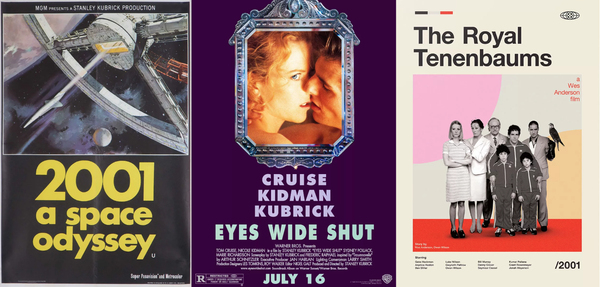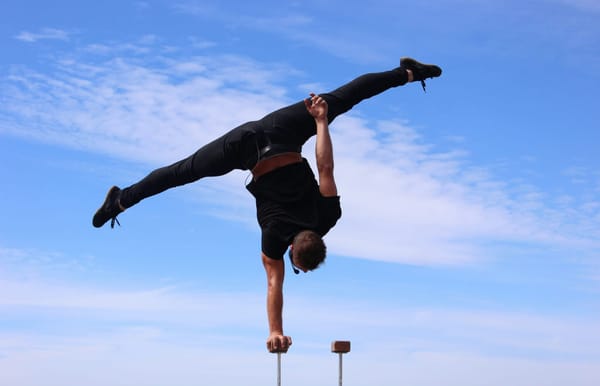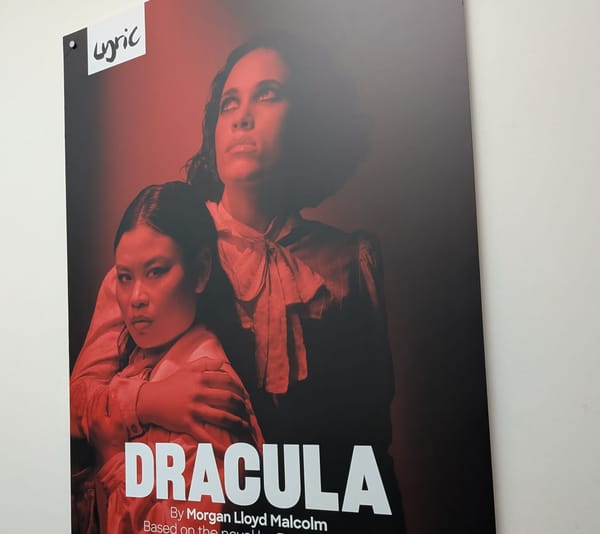Who Do You Believe?
The idea of trust, truth and credibility is complex
A week ago, there was a murder around the corner and down the hill from our house. Murder here in so-called leafy Buckinghamshire is rare, but not as rare as you would imagine. When the police arrived, a group of men that was standing around the victim scattered. Since then, four of them have been arrested and charged with murder. This is a tragic event, but it is not being commented on. It has not gripped the community. It is not alarming or surprising, but it is still very sad.
Many years ago, over ten years ago, down the hill in another direction, someone detonated large petroleum gas canisters in the back of a white van. The force pushed the cylinders through the roof of the van, and one of them flew across the street and hit the pub opposite the garage that was the target for someone’s anger. It happened around midnight and the commotion woke us up. Seeing flames reflected in the windows across from our house, I had to go out and investigate. We found the pub landlord wandering around. He was even more surprised than we were. The police were screaming at people to move away in case something else exploded. We were half-asleep and surprised, but not shocked.
I can remember the events of that night very clearly. I remember what the police shouted at us, because they got the name of the road completely wrong that they wanted us to move back towards. I remember some of the neighbours, the ones I already knew. There was some dark humour and jokes. It brought out a sense of community in a street of people who hardly knew each other.
Nobody died as a result of the van-bomb, but I will never forget that night. The murder last week will be forgotten very soon. I mention all this as it came to me on my morning walk today, after another marathon session trying to digest and make sense of all the competing and contradictory recollections around the murder of Sophie Toscan du Plantier in West Cork, Ireland. It was Jim Sheridan’s Sky documentary that got me hooked on this case and I find him an engaging storyteller. That is how he introduces himself, as a storyteller. For this is as much a story, a figment of imagination, as any scripted drama. How can we be sure what really happened to Sophie? How do we select who to believe, who to disregard? How you react to such a terrible event tells you a lot about yourself. But I don’t think it tells you anything about the night of 22nd December 1996.
I mention a couple of crimes local to me because they did not grip the community for more than a few hours or a couple of days. The murder last week has almost passed unnoticed. But this is now, in England. That was then. The murder of Sophie Toscan du Plantier was the first and last murder in West Cork for a century. Many of the books will tell you that the previous murder was none other than Michael Collins himself, in 1922. Sophie’s murder absolutely terrified the population and sent it into a kind of delirious hysteria. The community still seems angry. They feel rage that it happened, rage that t was so brutal, anger that it was a guest from overseas, angry that nobody has ever been charged. Only a confession can solve the case now.
I am not seeking to find out the identity of Sophie’s killer. Thousands of statements and questionnaires have failed to do that. Forensic science, as it was at the time, has failed. Many, many crimes go unpunished. I used to do this kind of research a lot: I mean research from afar, in the archives, trying desperately to keep an open mind. I would obsess about the Challenger space shuttle or the 1996 crash of TWA 800 for weeks and months at a time. I still check in on those stories now. That was a different time, when the internet was very young and nobody blogged and social media did not exist. I never thought I would be able to write about my adventures in the archives. But now I can, and the thrill of the chase is still there. I don’t expect to reveal to you what happened that night. Nobody can, except the killer. And would you believe absolutely a killer who only came forward 20 or 30 years after his crime?
I cannot tell you whodunnit. But I can help you choose who to believe, and who not to believe. I can tell you that not many of the people who appear on TV documentaries do it for innocent reasons. Everyone likes to feel important. I cannot tell you why I do what I do, and I accept it feels a little odd sometimes. You must make your own judgements. But please, do it from a position of strength. Don’t just listen to the loudest or most persistent voice.
My favourite person at the moment is Elizabeth Wassell, who wrote a novel based on her experience as a resident of that wonderful peninsula. I love Elizabeth’s appearance, with her red Celtic hair, and I love her melodic voice. I love her open-mindedness. But even she is only human. And virtually everyone who moved to West Cork by choice was looking for something. They are all suggestible with an artistic streak. What must the locals think of them all?
Who do you trust in this terrible story?





